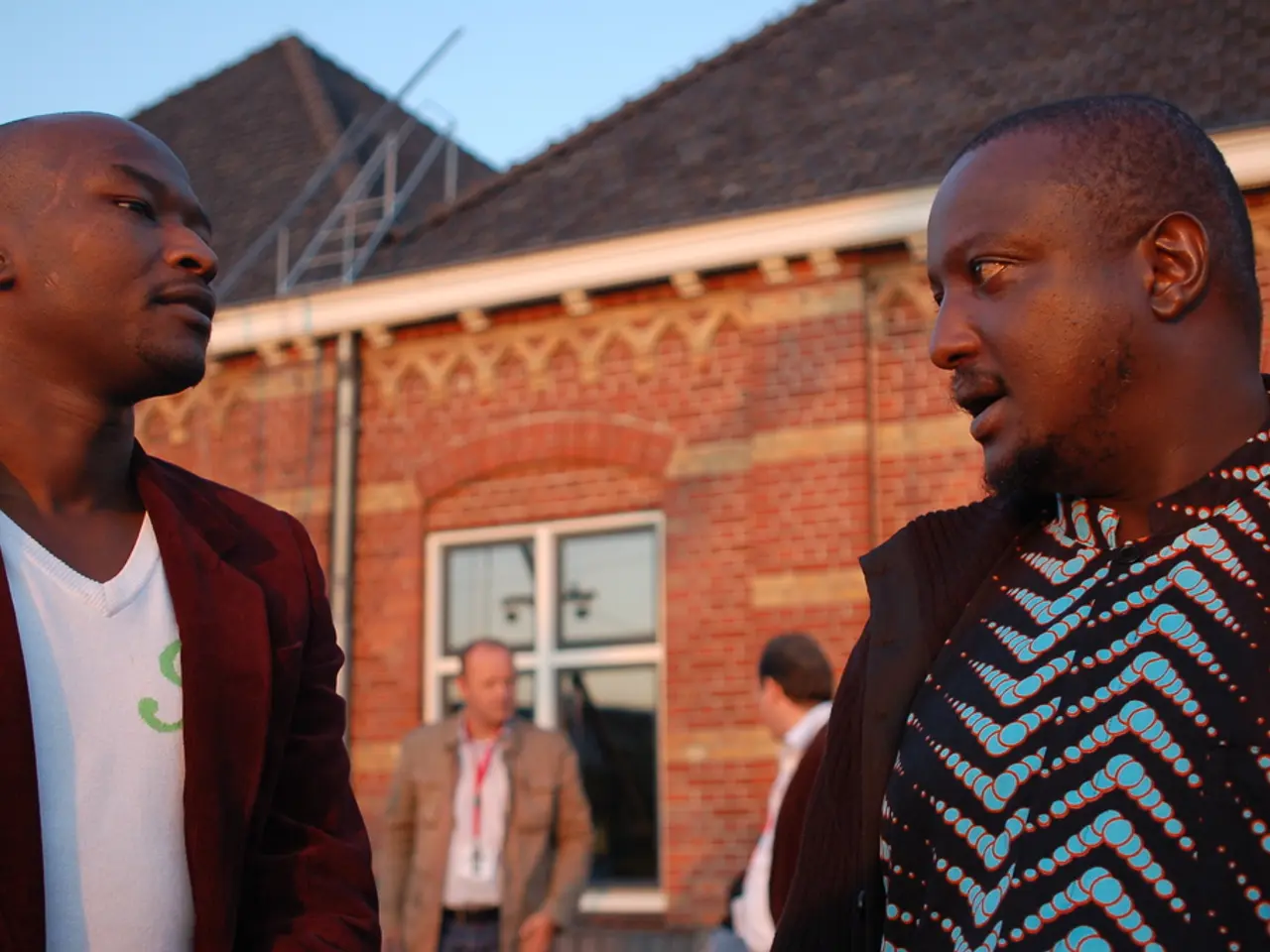Ethnic minority households disproportionately find themselves in economically vulnerable conditions.
In a groundbreaking report published on Monday 2 December, the Joseph Rowntree Foundation (JRF) revealed that Bangladeshi, Black African, and Pakistani families in the UK are up to five times more likely to live in persistent deep poverty compared to white households.
The JRF, a leading research and policy organisation, asserted that focusing solely on familiar drivers to understand poverty for these ethnic minority groups is no longer sufficient. Instead, they emphasised the need to constantly dig deeper to understand the relationship between racial injustice and poverty.
Paul Kissack, CEO of the JRF, stated that efforts to eradicate the scourge of deep poverty in society will only have a chance of success if racial injustice is confronted head-on. The report highlighted ongoing structural inequalities, direct discrimination, and racism as significant factors contributing to higher rates of poverty among these ethnic minority groups.
The research identified significant unexplained factors contributing to higher rates of poverty among ethnic minority groups. For instance, Bangladeshi and Pakistani households are the most likely to live in low-income conditions, defined as living on less than 60% of the median disposable income. Black employees also consistently earn less than white employees after adjusting for qualifications and occupation.
These economic disparities create a cycle of poverty that affects children's wellbeing and opportunities. Children from ethnic minority and impoverished backgrounds face worse health outcomes, including higher rates of severe illness and mortality in intensive care, longer hospital stays, and increased risk of readmission. Additionally, many children in poverty experience unsafe housing, food insecurity, barriers to education, and systemic failures in access to support, which entrench deprivation and reduce future prospects.
Persistent cost-of-living pressures also exacerbate hardship for low-income families, including ethnic minorities, with many unable to afford essential items or services, leading to increased poverty-related stress.
The report found that 15% of Pakistani and Bangladeshi social renters are living in deep poverty, compared to 6% of white private and social renters. For Pakistani people in private rent, the rate of deep poverty rises to 17%, and for Black African households, it reaches 20%. Even among families where all adults are in full-time work, 7% of Bangladeshi and Black African families still face deep poverty, which is almost as high as the 10% of white households where no one is in employment.
In response, the JRF is calling on authorities to better focus on addressing these underlying issues to reduce poverty rates. The traditional protective factors such as employment are less effective within minority groups, according to the report. The JRF's call for action underscores the urgent need to address the complex interplay of systemic economic inequality, occupational segregation, historical disadvantages, and inadequate support structures that perpetuate poverty among these ethnic groups.
- To address the persistent deep poverty among Bangladeshi, Black African, and Pakistani families in the UK, the Joseph Rowntree Foundation (JRF) stresses the importance of understanding the intricate relationship between racial injustice and poverty, particularly in the context of health-and-wellness.
- The report published by JRF reveals that focusing solely on employment as a protective factor is insufficient to explain the higher rates of poverty among ethnic minority groups. Instead, addressing matters related to housing, such as unequal distribution and access, could also play a significant role in tackling poverty within these communities.




